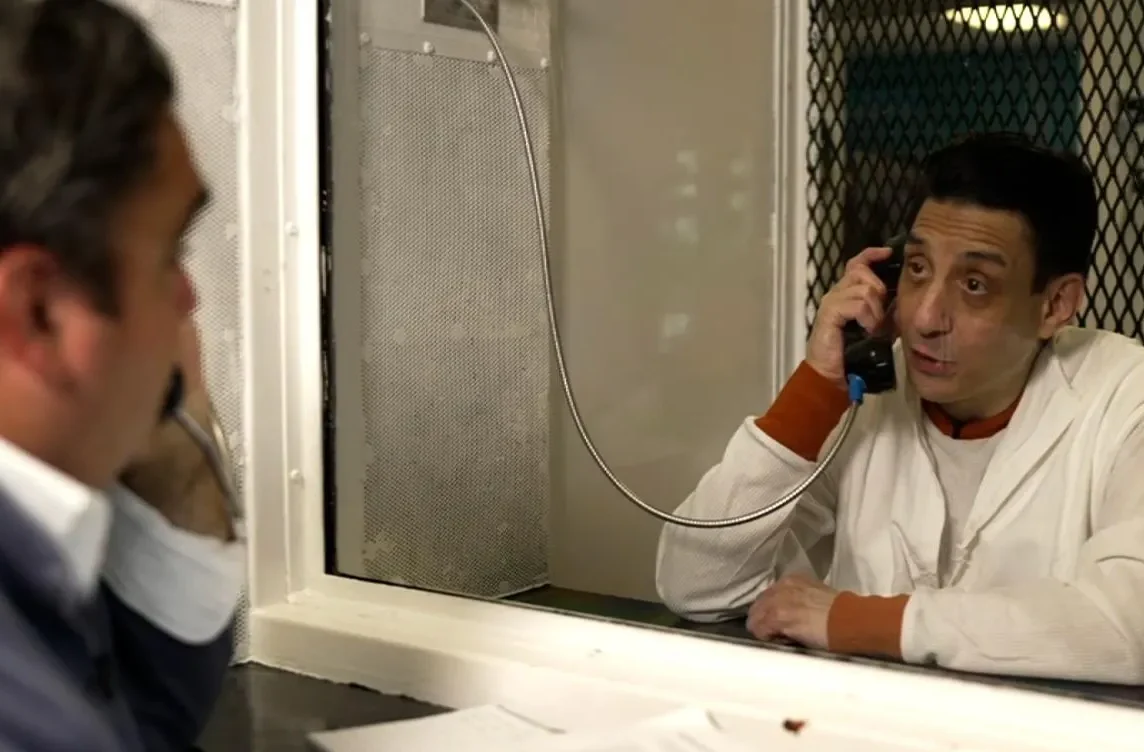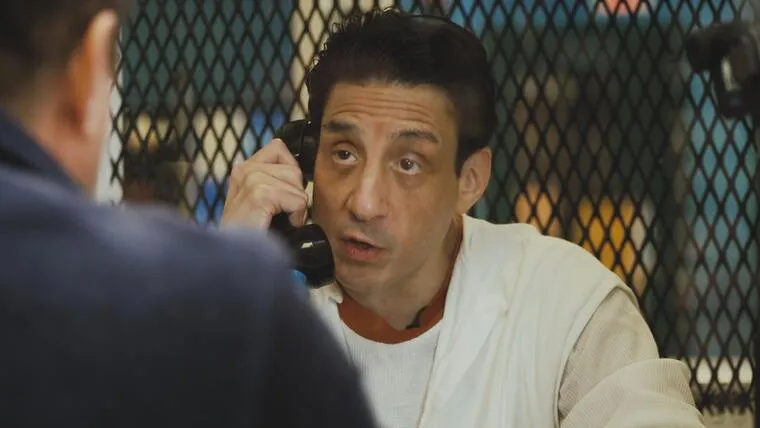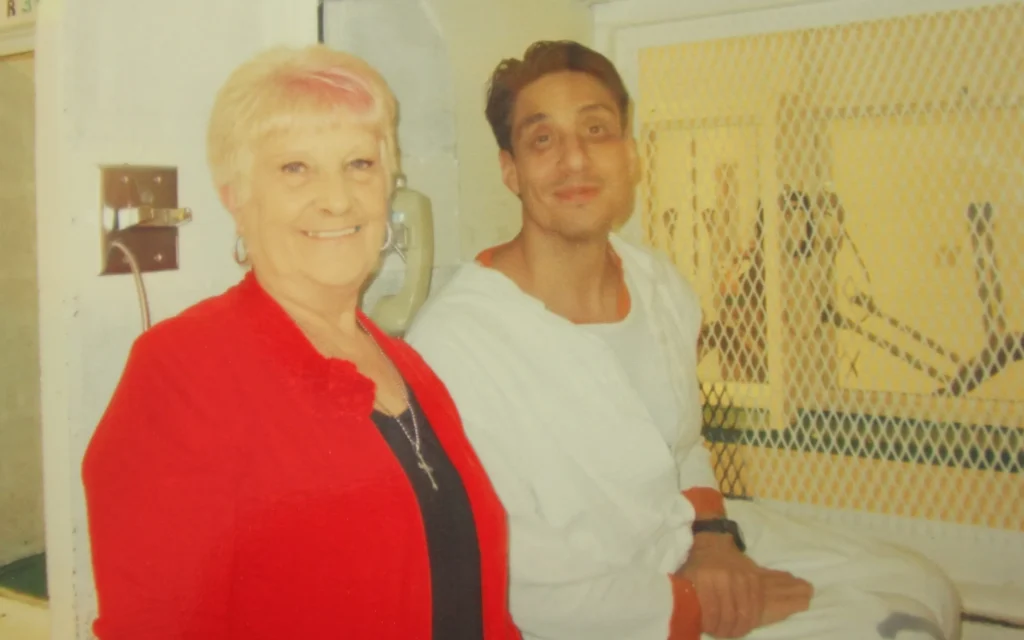Ivan Cantu Sentenced to Death: ¿Guilty or Not Guilty?

Ivan Cantu Sentenced to Death saw the end of his life with a lapidary phrase that echoed in the ears of those present: “I am innocent”.
Until the last moment of his life, death row inmate Iván Cantú ended his life in the style of a movie script.
“I am innocent”, is what the condemned to death Ivan Cantu, repeated over and over again during the 22 years he remained on death row in Texas, United States.
The execution of this man of Mexican origin by lethal injection took place this Wednesday, February 28, at 18:47 local time at the state penitentiary in Huntsville.
In a case that generated an intense debate on justice and the death penalty in the United States, Ivan Cantu received the death penalty for the murder of his cousin James Mosqueda, 27, and his girlfriend, Amy Kitchen, 22, in Dallas in 2000.
It should be noted that death row inmate Ivan Cantu Cantu used his final statement before being executed to say that he did not kill Amy and James, adding that he did not believe his execution would bring peace or closure to the families.
He had been on Texas’ “death row” for more than 20 years, convicted and sentenced to death for the murders of his cousin and his cousin’s fiancée. But he insisted on his innocence.
Read more: THE UNITED STATES IS LOOKING TO GUATEMALA AND MEXICO: ¿…?

Ivan Cantu Sentenced to Death: ¿Guilty or Not Guilty?
Cantu, a man of Latino roots, was sentenced to death in 2001 after he was convicted of the 2000 double homicide of his cousin, James Mosqueda, and Mosqueda’s fiancée, Amy Kitchen.
According to the Texas Department of Criminal Justice, Cantu was born in Dallas, Texas, in 1973.
He was 27 years old when he was charged with the murders and worked as a laborer.
Death row inmate Ivan Cantu Before his execution, and after spending the last 22 years in prison, he and several organizations raised concerns about the case and called for reviews.
Read more: THE U.S. ARMY WILL REDUCE ITS FORCE.
Amnesty International said in a statement that “a recent independent investigation has compounded doubts about the adequacy of his legal representation at trial and raised questions about the testimony of the state’s key witness and the physical evidence that appeared to corroborate her testimony”.
According to an interview conducted by CNN, Cantu and his attorney argued that the state’s key witnesses, Cantu’s then-girlfriend and his brother, gave false testimony at trial.
In addition, they said the newly discovered evidence corroborates a story Cantú told at the time of the murders.

Evidence of Iván Cantú’s innocence?
In this version, he suggests that his cousin was killed by rival drug traffickers who threatened Cantú the night before.
With these facts, Cantú’s defense requested a hearing and awaits the decision of the Texas Board of Pardons and Paroles on a possible pardon, although the final decision is the governor’s, and he is not obliged to make a decision.
In the U.S., since 1976, when the U.S. Supreme Court reinstated the death penalty, states have executed 1,583 people and 294 pardons have been granted.
According to the Death Penalty Information Center, a non-governmental organization dedicated to providing information on the issue, in the Cantu trial “the prosecution relied heavily on the testimony of Amy Boettcher, Mr. Cantu’s then fiancée, who testified that he committed the murders, took her to the scene of the crime and then took her on a trip to Arkansas.”
But “new evidence uncovered by a private investigator and others now casts doubt on the validity of Mr. Cantu’s conviction.”
The private investigator in question is Matt Duff, discovered much of the evidence that now supports Cantu’s claim of innocence and documented his independent review in a podcast.
Tomado de CNN






